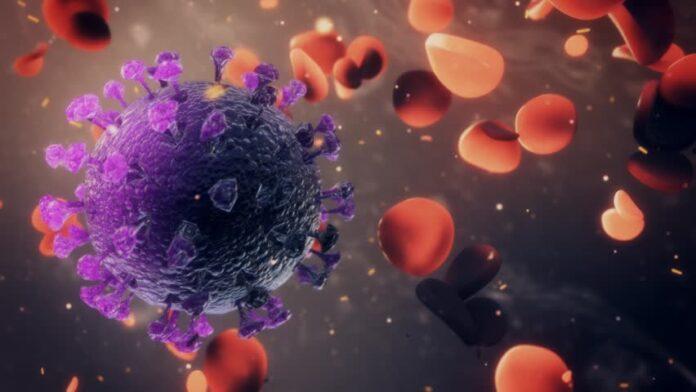HIV (human immunodeficiency virus) is a virus that attacks the body’s immune system. Untreated HIV can lead to AIDS (acquired immunodeficiency syndrome); this is why learning the basics about HIV can keep you healthy and prevent HIV transmission.
How Can You Tell If You Have HIV?
Testing is the only way to know for sure if you have HIV. You can not tell if you have HIV just by looking at your symptoms. Knowing your HIV status provides you with valuable information to help you and your partner(s) stay healthy.
If you test positive for HIV, you can begin treatment right away. You can reduce the quantity of HIV in your blood (your viral load) to such a low level that a test would not identify if you take HIV treatment as directed every day; this event is called an undetectable viral load.
Furthermore, taking treatment is the best way to stay healthy and achieve an undetectable viral load. You have virtually little chance of transmitting HIV to an HIV-negative partner if your viral load remains undetectable.
If you test negative for HIV, why worry? There are now more HIV prevention options than ever before.
HIV self-testing is also an option. Self-testing allows people to conduct an HIV test in their own home or other private location.
You can buy a self-test kit at a pharmacy or online, or your health care provider may be able to order one for you. Some health departments or community-based organizations also provide self-test kits for free.
What Are the Symptoms of HIV?
There are several symptoms of HIV. It depends on the person and the stage the disease is present in the body.
Below are the three stages of HIV and some of the symptoms people may experience.
Stage 1: Acute HIV Infection
This stage is present within 2 to 4 weeks after infection with HIV. About two-thirds of people are likely to have a flu-like illness; this symptom is the body’s natural response to HIV infection.
Flu-like symptoms can include Fever, Chills, Rash, Night sweats, Muscle aches, Sore throat, Fatigue, Swollen lymph nodes and Mouth ulcers.
These symptoms can last anywhere from a few days to several weeks. For some people, there are no known symptoms of flu during the early stage of HIV.
If you feel you may have contracted HIV, here is what you should do:
Find an HIV testing site near you
Request an HIV test for a recent infection
Know your status—After you get tested, be sure to learn your test results.
Stage 2: Clinical Latency
In this stage, the virus still multiplies but at a low level. People in this stage may not feel sick or have any symptoms. This stage is also called chronic HIV infection.
Without HIV treatment, people can stay in this stage for 10 or 15 years, and for some, the clinical Latency stage may move faster to AIDS.
Stage 3: AIDS
If you have HIV and are not receiving HIV therapy, the virus will gradually damage your immune system, progressing the HIV to AIDS (acquired immunodeficiency syndrome). AIDS is the most advanced stage of HIV infection.
Symptoms of AIDS can include:
Diarrhoea lasts for more than a week.
Dry cough.
Memory loss.
Neurological disorders and Depression.
Pneumonia.
Profound and unexplained fatigue.
Rapid weight loss.
Recurring fever, or profuse night sweats.
Red, brown, pink or purplish blotches are found under the skin or inside the mouth, nose or eyelids.
Each of these symptoms can also be related to other illnesses. The only way to know for sure if you have HIV is to get tested. If you are HIV-positive, a health care provider will diagnose if your HIV has progressed to stage 3 (AIDS) based on certain medical criteria.
